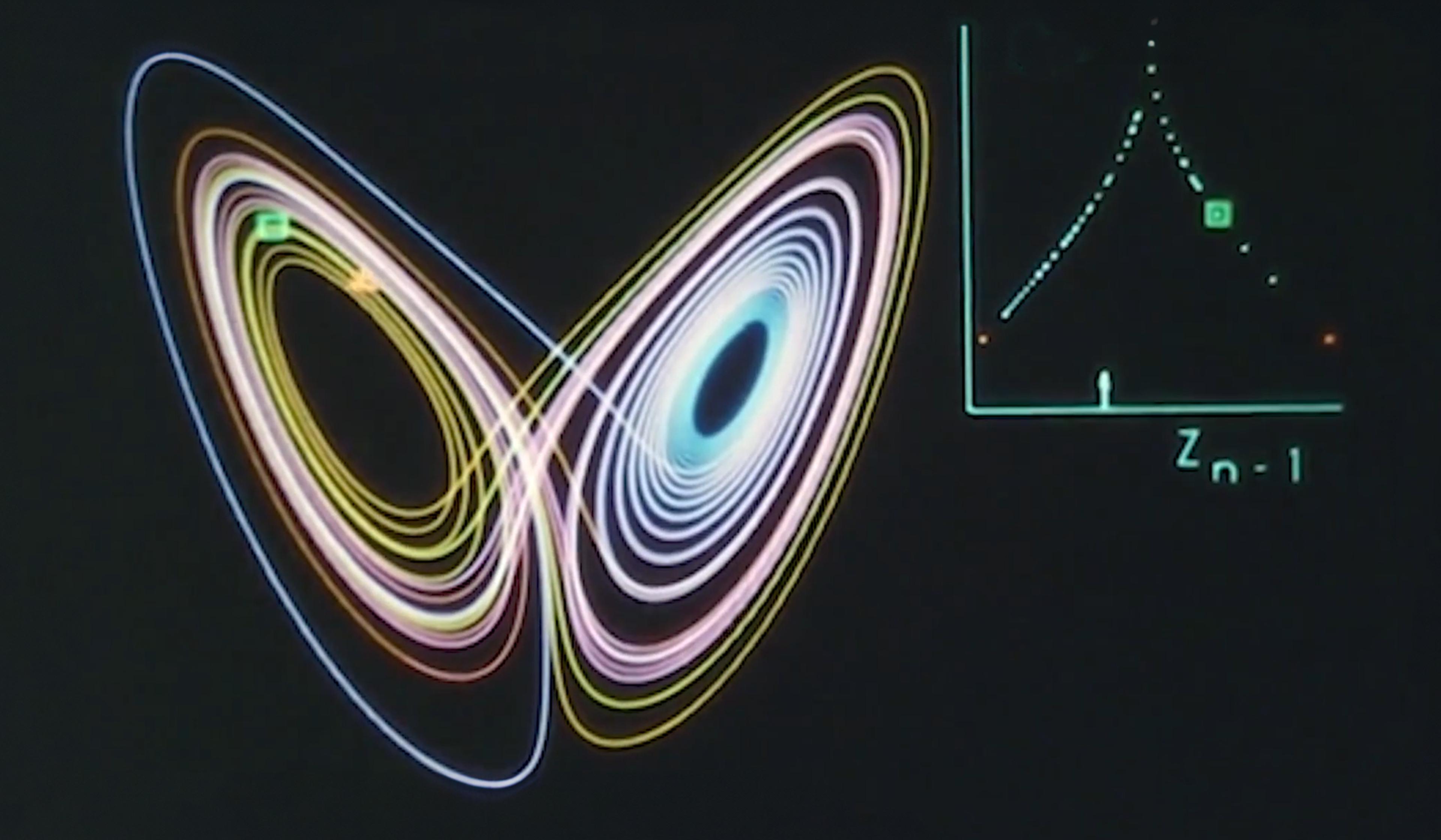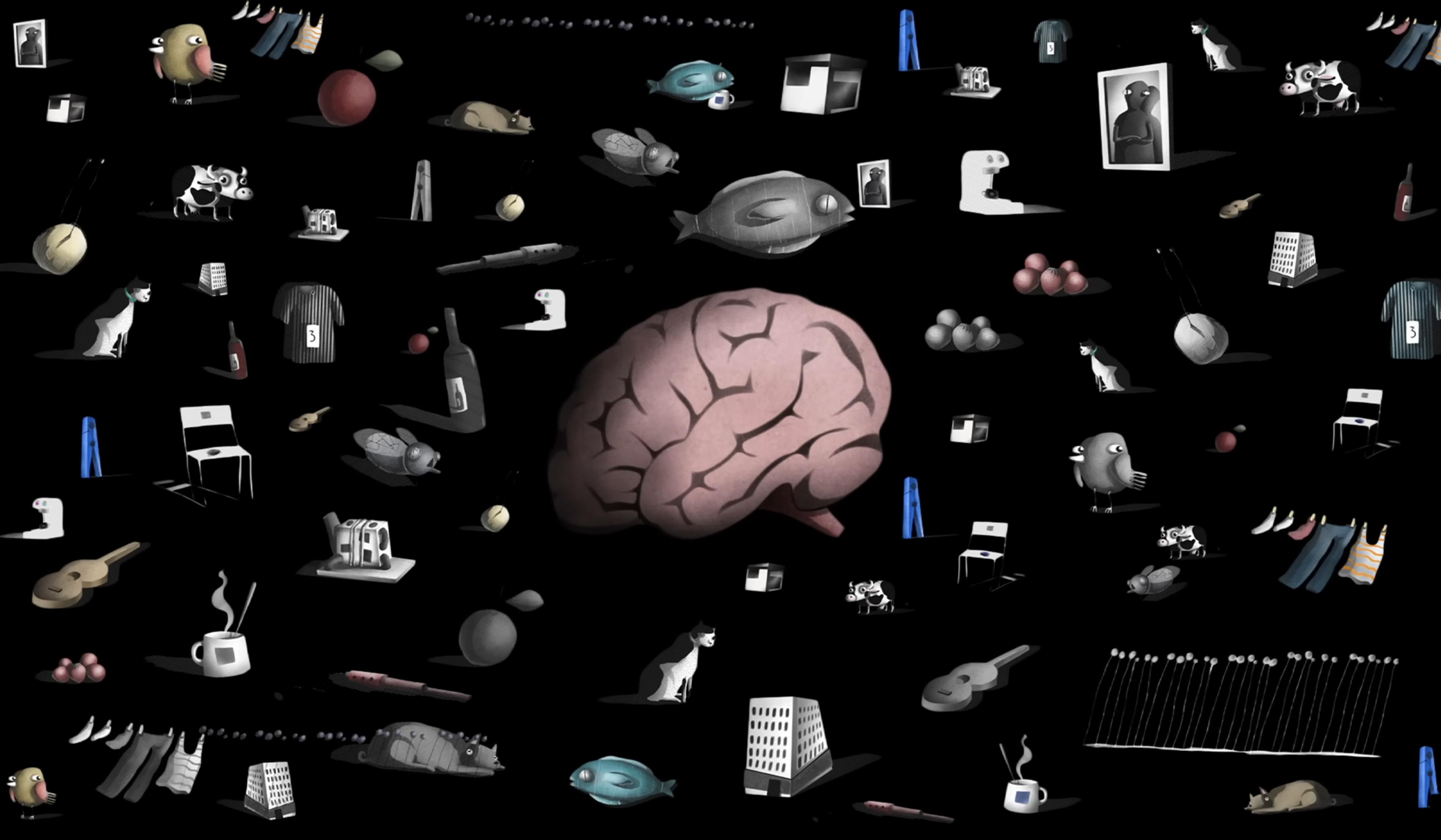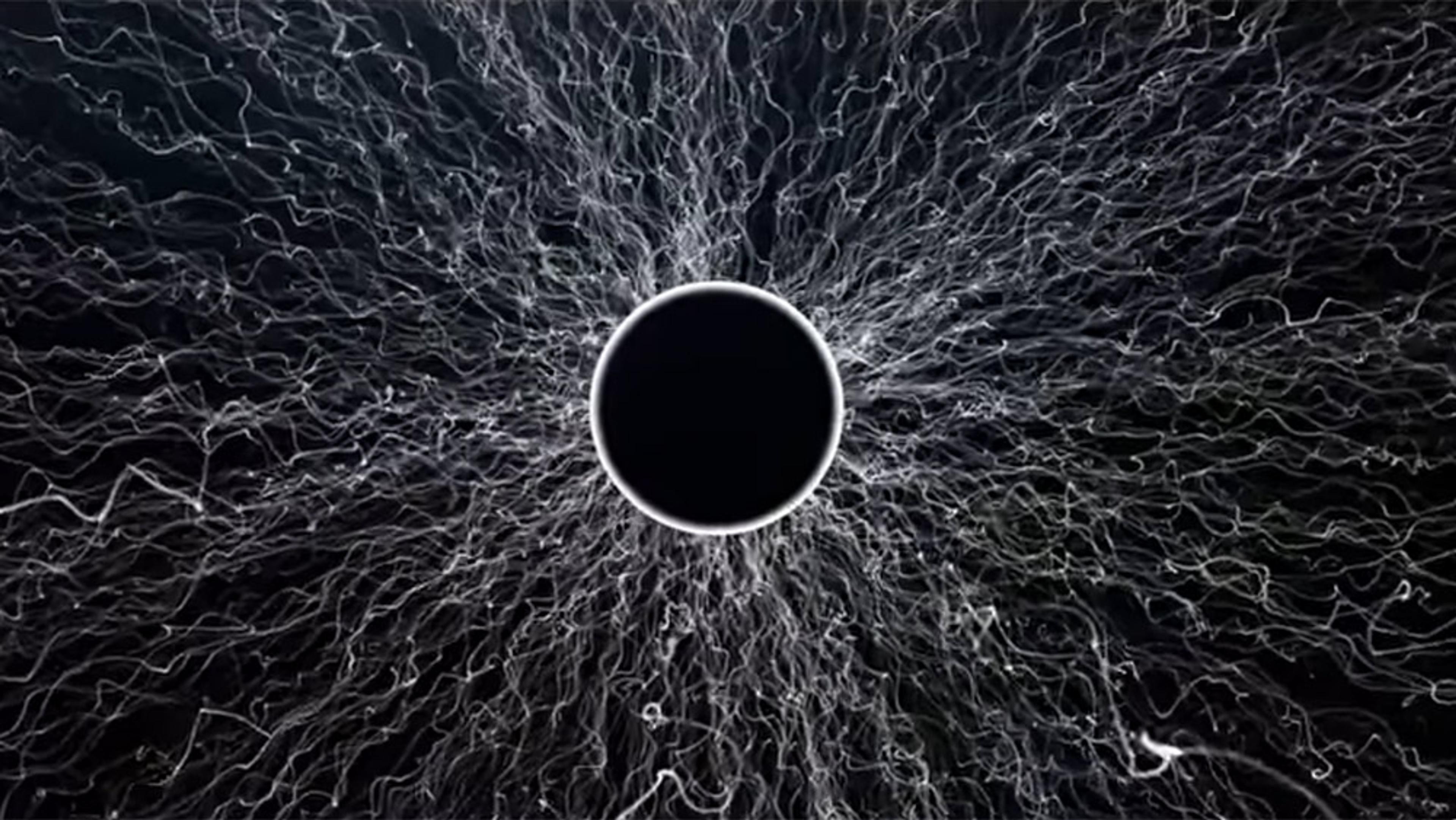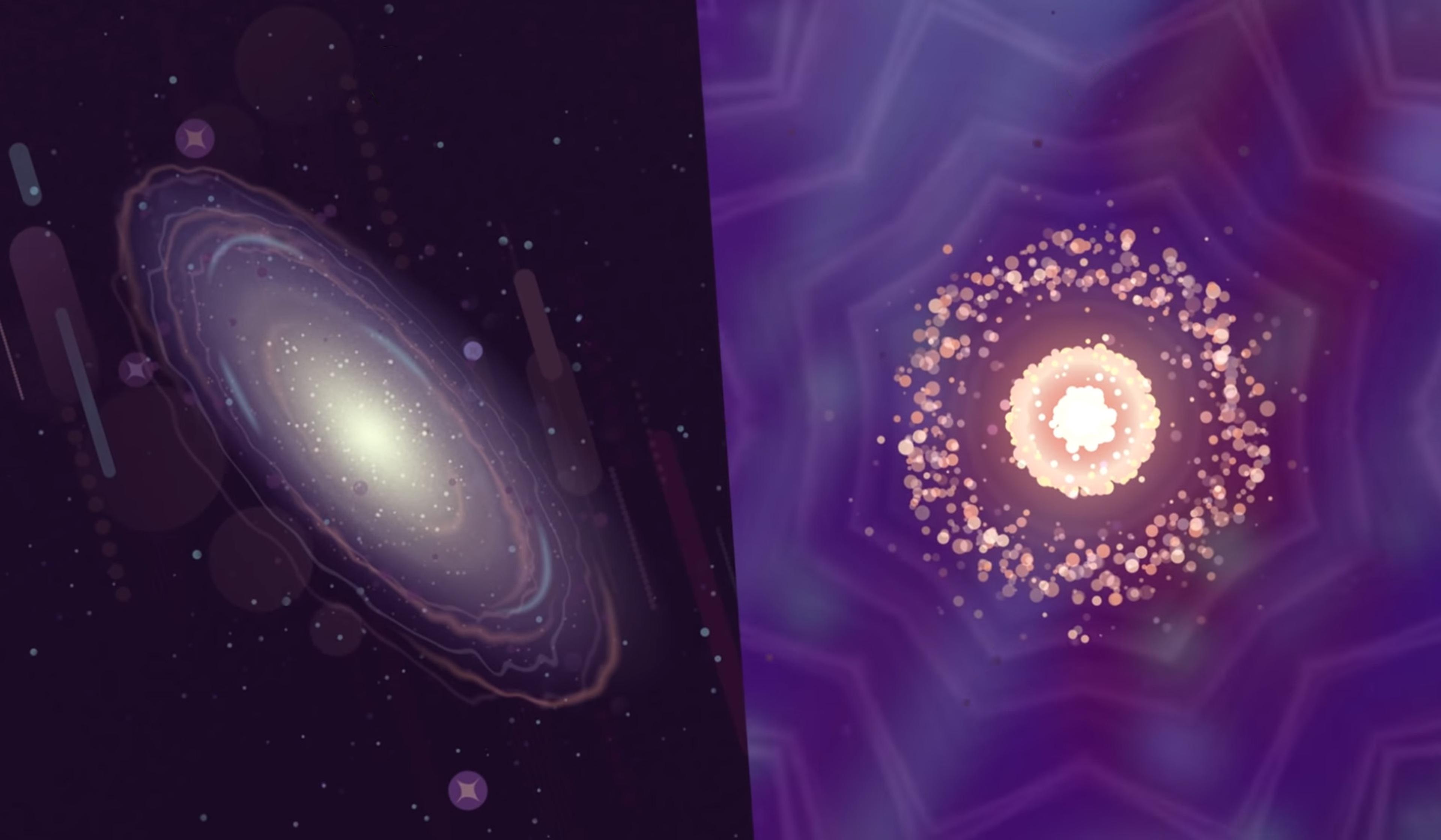Warning: this film features rapidly flashing images that can be distressing to photosensitive viewers.
The German polymath Gottfried Wilhelm Leibniz (1646-1716) believed that the Universe fundamentally consists of radically simple mind-like building blocks – separate, indivisible, indestructible – from which emerges the unified world of matter and substance. Borrowing a term from ancient Greek philosophy, he called these entities ‘monads’, and attributed their existence to a ‘God, who perceives all monads with utter clarity’. He laid out this theory of metaphysics in his seminal work, the Monadology (1714). This short video essay for Epoché Magazine pairs excerpts from the notoriously dense text with enigmatic archival imagery and original music, making for a whirlwind introduction to Leibniz’s celebrated and controversial conception of the Universe.








